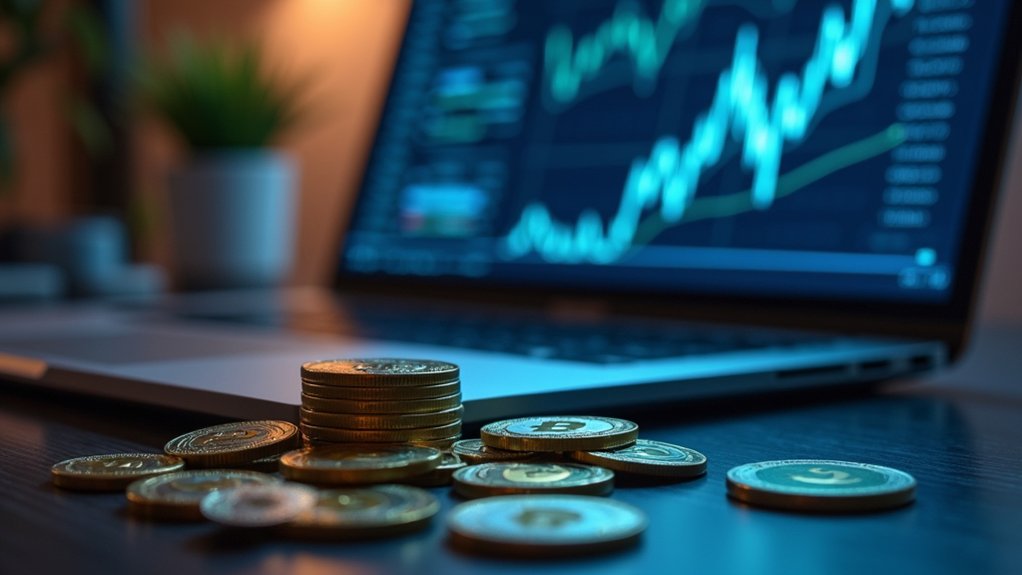Although the cryptocurrency sector in India has experienced rapid expansion and increasing investor participation, the government’s tax authorities have undertaken a detailed and multifaceted initiative aimed at instituting a stringent, standardized tax regime characterized by a flat 30% levy on gains from Virtual Digital Assets (VDAs), complemented by additional surcharges and cess, while simultaneously enforcing rigorous reporting mandates, retrospective penalties for undisclosed holdings, and enhanced compliance mechanisms—including a 1% Tax Deducted at Source (TDS)—all of which collectively underscore the administration’s intent to curtail tax evasion, enhance transparency, and integrate the evolving digital asset economy within the conventional fiscal framework. This approach reflects a deliberate pivot towards intensified crypto regulation, wherein tax compliance is not merely encouraged but rigorously mandated through statutory provisions embedded within Section 115BBH of the Income Tax Act, thereby establishing a uniform tax rate irrespective of the duration of asset holding or the nature of capital gains. Notably, the TDS threshold for business owners and traders is set at ₹50,000 annually, ensuring that only significant transactions trigger tax deduction obligations. The classification of cryptocurrencies as Virtual Digital Assets (VDAs) under Indian law fundamentally shapes this tax framework by clearly defining the scope of taxable digital assets. Businesses must implement meticulous record-keeping to comply with these evolving requirements.
The tax application extends to all VDAs including prominent cryptocurrencies such as Bitcoin and Ethereum, with an additional 18% Goods and Services Tax imposed on trading fees, cumulatively augmenting the fiscal obligations of market participants and signaling a comprehensive taxation architecture that transcends mere income tax considerations. To facilitate enforcement, crypto income disclosure has been codified within Income Tax Returns using specified forms like ITR-2 and ITR-3, coupled with the introduction of Schedule VDA from the assessment year 2025-26, which mandates granular reporting of crypto-related transactions, thereby enhancing the granularity and traceability of taxpayer data. Non-compliance precipitates severe repercussions, including retrospective imposition of a punitive 60% tax rate on undisclosed VDAs effective from February 1, 2025, underscoring the administration’s zero-tolerance stance towards evasion.
The incorporation of a 1% TDS on crypto transactions exceeding prescribed thresholds functions as a real-time monitoring tool, enabling tax authorities to systematically track cash flows within the digital asset ecosystem, thereby substantially narrowing avenues for underreporting and illicit activity. This enforcement orientation is further buttressed by the Central Board of Direct Taxes’ proactive data analytics and collaboration with crypto exchanges, which collectively reinforce the regulatory architecture aimed at legitimizing the sector through enhanced transparency and accountability. Such measures compel stakeholders, including Non-Resident Indians, to rigorously adhere to reporting norms and recalibrate their tax strategies accordingly, reflecting a broader policy objective to harmonize crypto market dynamics with established fiscal governance while safeguarding investor interests and mitigating systemic risks inherent in emerging digital financial instruments.









